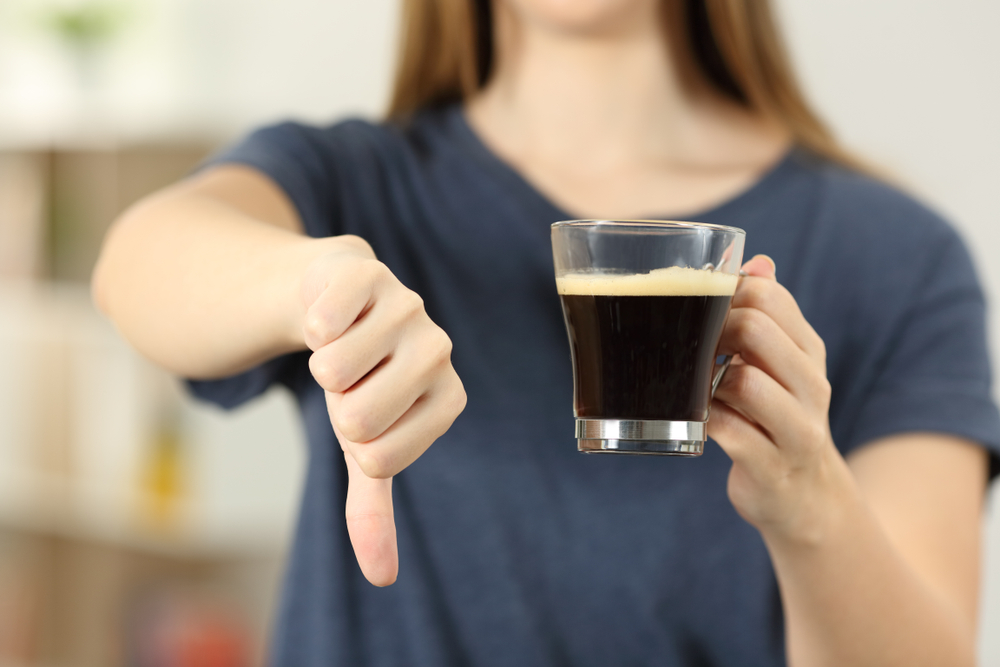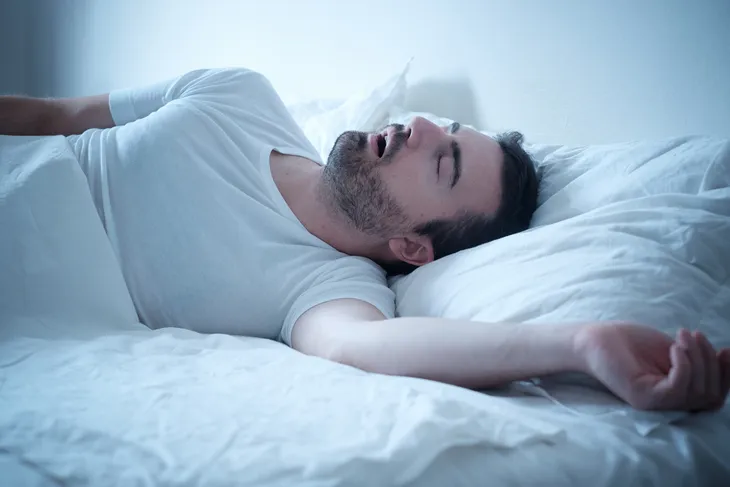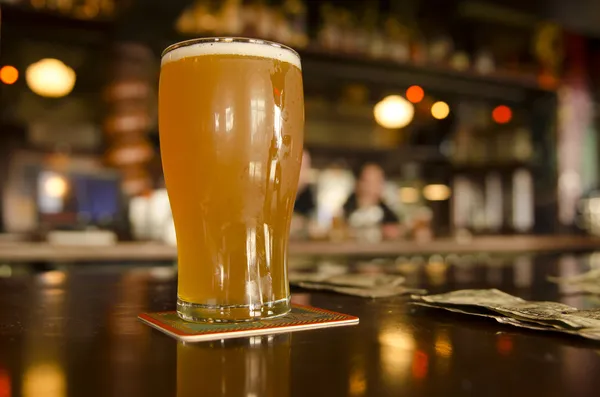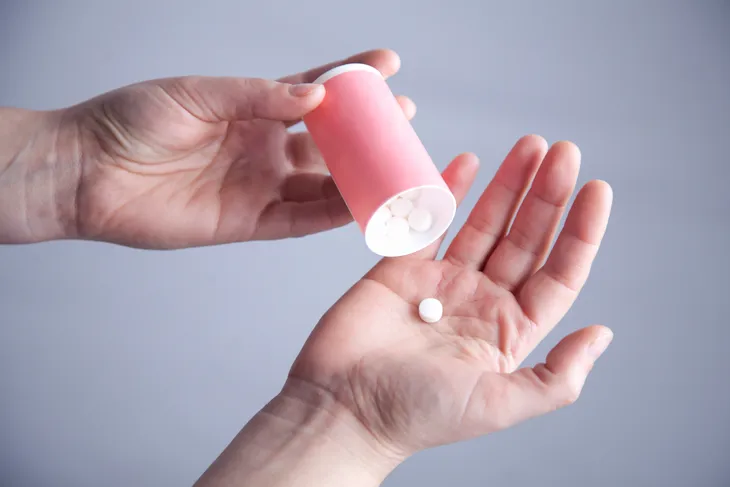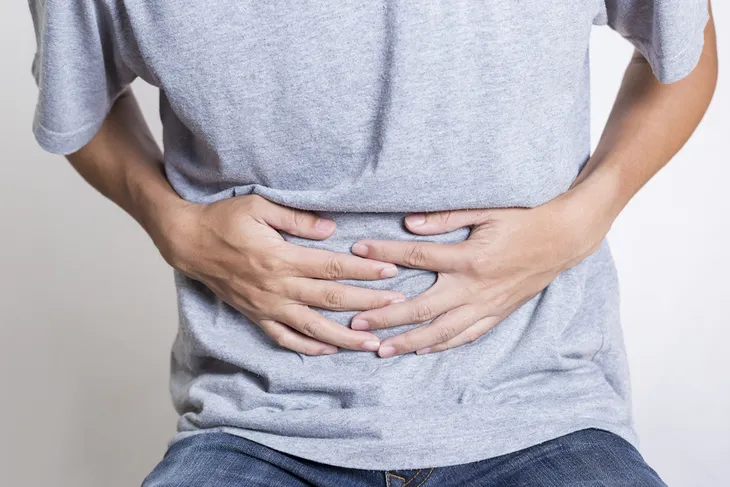Everything in moderation, including moderation: it’s one of the most popular sayings and seems most applicable to the drinking of alcohol. As such, most people, even those who only drink occasionally, will find themselves “hungover” from drinking too much alcohol the evening prior.
With the typical hangover including a pounding headache, upset stomach, exhaustion, light sensitivity, and dehydration, it can be difficult to focus on much of anything at all. No wonder, then, that so many people are on the lookout for the ideal cure for the hangover. On that note, let’s take a look at some simple ways to help you get over the nasty feelings that often follow a night of overindulging in alcohol.
1. Start the Day Right
They say that breakfast is the most important meal of the day and that may apply more than ever when you wake up with a nasty hangover. That’s because foregoing food — something that’s fairly understandable if you feel sick to your stomach or have a pounding headache — will, in the long run, only make things worse. Why? Because without food, your body will struggle to find the resources to help you overcome all those nasty sensations that are keeping you from eating in the first place. It’s pretty much the definition of the vicious cycle.
Try to eat something that will give your body a boost: fruit with toast and yogurt, for example, will provide you with vitamins, minerals, protein, fat, and carbohydrates. It may be just enough to help your body get on the road to recovery, allowing you to salvage the day.
2. Sleep it Off
It can be tough to crawl out of bed with a hangover, but it’s important to start the day with a healthy breakfast that can give your body the nutrients it needs to recover. But once that’s out of the way, it wouldn’t be a mistake to return to bed for more rest.
Why? Because exhaustion is one of the reasons we often feel terrible after a night of drinking. Alcohol disrupts the normal sleep process, which means that even if you sleep from two in the morning until noon, you may not have gotten enough good rest. If your hangover persists beyond breakfast, consider going back to bed to get some legitimate sleep.
3. Drink Lots of Water
If you spend your whole night drinking alcoholic beverages, you’re going to make your liver work hard to process all those toxins. In doing so, you’re also going to dehydrate your body, and that’s why you’ll feel sick to your stomach, exhausted, and sensitive to light and sound the next morning.
You can help prevent this problem by drinking lots and lots of water before heading to bed on the night of your alcohol binge. But if you’ve consumed a lot of alcohol, there’s a good chance you won’t think to drink water before heading to bed. In that case, you’re going to need to drink plenty of water the following morning, or your hangover will last for much of the new day. In time, with your body slowly absorbing that water, you’ll begin to feel normal again.
4. Try Some Ginger
For centuries, ginger has been used to help treat digestive issues like heartburn and upset stomach. Since many people suffering from a hangover feel nauseas, it makes sense to use ginger root to quell a gurgling stomach and irritated digestive system. Ginger may also help you stop vomiting and may also bring a halt to any diarrhea accompanying your hangover.
Ginger is generally easy to find in supplement form, though you could also try consuming the actual ginger root — available at most grocery stores in the produce aisle — or drinking some ginger ale. In the latter case, the carbonation of ginger ale could also help settle the stomach.
5. Have Another Drink
It may be very hard to imagine yourself kicking back with another alcoholic beverage when you wake up with a nasty hangover that includes vomiting, diarrhea, and a pounding headache, but there’s sufficient evidence to suggest that just one more drink could actually help you recover.
That’s because drinking alcohol, particularly to excess, results in your brain creating chemicals that lead to popular hangover symptoms like headache, nausea, and exhaustion. By having another drink, you can stop the brain from producing more of the chemicals that present these problems. That said, there’s a good chance that, once your body processes the new drink, the hangover will return. So, use this strategy sparingly, such as if you need some short-term help to get through an important meeting.
6. Take an Anti-Inflammatory
An anti-inflammatory like ibuprofen or naproxen can go a long way towards helping bring down the swelling that can leave you with a pounding headache the morning after a night of drinking alcohol to excess.
For best results, take the anti-inflammatory before going to bed. If that’s not possible, or you’re too intoxicated to remember to do that, you may have some success taking it the following day. Just avoid taking acetaminophen, which hasn’t been shown to do anything to help a nasty hangover.
7. Heal Your Gut
If your stomach is the central problem in your nasty hangover, there are a few different medications that can help you feel better. For a really upset stomach that results in vomiting (or threatens to), try Zofran, Zantac, or Alka-Seltzer, all of which can help reduce the acidity that can result in queasiness the day after a night of drinking alcohol to excess.
If you’re stuck on the toilet rather than kneeling in front of it, you may need to try something else. Pepto Bismol (or anything containing bismuth, the central ingredient in Pepto) can help reduce diarrhea and the constant need to rush to the bathroom. Of course, none of these medications will help you overcome other hangover symptoms, including light or noise sensitivity, headache and fatigue.
8. Get Some Fresh Air
A nasty hangover can make you sensitive to both light and noise, but you may need to put up with both and get some fresh air if you hope to leave some of the other symptoms — like headache and upset stomach — behind you the day after a night of drinking.
That’s because fresh, cool air can go a long way towards helping you recover. For one, it may help you escape the stuffy air of a home or apartment, which may contribute to your hangover, especially during the winter months when inside air is often recycled. Second, getting outside may distract you from your discomfort, helping you focus on something else.
9. Try Light Exercise
There’s a good chance that physical exercise of any kind, even the less intense variety, will be the last thing you’ll want to do upon waking up with a nasty hangover. Upset stomach, vomiting, pounding headache: these aren’t exactly symptoms that make for the best workout. But you may be surprised what light exercise can do to help you push over the hump and feel better.
Light exercise, especially if it’s outside in the fresh air, can help distract you from many of the symptoms associated with a hangover. Additionally, it can help get the blood flowing to all parts of your body, potentially alleviating symptoms like a headache. Exercise can also help release endorphins, giving your mood a boost when it probably needs a little help.
10. Take a Shower
Taking a warm shower can help you forget the miserable symptoms that accompany the typical hangover, like a headache or upset stomach. The warm moisture can help clear your airways and may alleviate some of the inflammation that often accompanies a painful hangover.
More than anything, a hot shower helps distract you from your hangover symptoms. The refreshing feeling it provides can help get your mind off the pain and discomfort of a pounding headache or upset stomach. Additionally, since drinking excessively can suck the moisture from your body, a hot shower can help replenish your hydration levels.
11. Try to Avoid Caffeine
Caffeinated products like coffee, tea, and energy drinks have often been used in the past to help push past a hangover, especially one that follows a terrible sleep on someone’s floor, couch, or backup bed. That’s because they can give you an energy boost when you feel like sleeping the whole day instead of taking care of life’s usual duties.
But consuming lots of caffeine will only further dehydrate the body, and that may lead to you feeling worse over the long term. In other words, while a caffeine boost may feel good right after you have that coffee or tea, the boost will subside and may be followed by even more intense hangover symptoms, like a long-lasting headache. For that reason, try to reach for a glass of water instead of a coffee.
12. Play a Video Game
Fans of video games will tell you that one of the great advantages of their hobby is that it can help take your mind off the many stresses of everyday life, from work headaches to relationship troubles. A particularly engaging game can also help you forget about minor health issues, like a head cold or, possibly, a moderate hangover that comes with headache and upset stomach.
That said, you may want to turn down the brightness on your television so as to avoid blinding lights that could intensify a hangover headache. And this probably isn’t the best time to try virtual reality games, which can result in nausea and headache even on the best of days.
